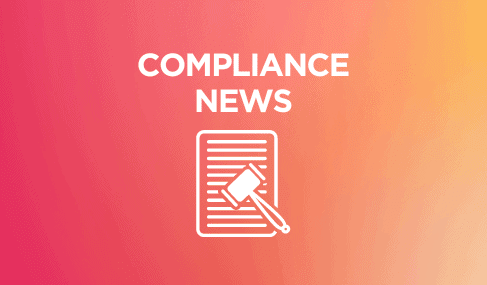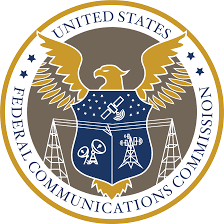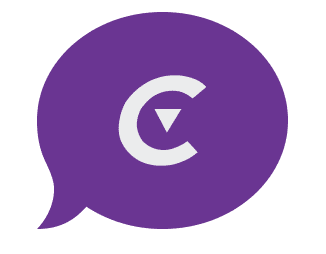

There are multiple rules being proposed by FCC Chairwoman Jessica Rosenworcel, which fall under a Report and Order and a Further Notice of Proposed Rulemaking (NPRM).
Report and Order for Blocking Robotexts
First, as part of a Report and Order, the FCC would require carriers to block text messages from numbers on a “reasonable Do Not Originate list,” of which the FCC already requires similar blocking of voice calls by gateway providers. The Report and Order would also require carriers to maintain a single point of contact for texters to report erroneously blocked texts.
According to Rosenworcel, the rule is designed to block texts “no consumer would want to receive.” However, it’s unclear just how well-targeted these blocking efforts will be toward scam and spam texts. In light of the widespread negative effects of call blocking and flagging, marketers may have plenty of reason to be skeptical of the new text-blocking scheme.
The Further Notice of Proposed Rulemaking and the “Lead Generator Loophole”
Second, and most significantly for marketers, is the FCC’s Further Notice of Proposed Rulemaking. While finer details on the proposal are still forthcoming, an initial release from the FCC states that the NPRM would:
- Require terminating providers to block texts from a sender after they are on notice from the FCC that the sender is sending illegal text messages
- Extend the National Do-Not-Call (DNC) Registry’s protections to text messages
- Ban the practice of obtaining a single consumer consent as grounds for delivering calls and texts from multiple marketers on subjects beyond the scope of the original consent
This last item, closing what the FCC terms the “lead generator loophole,” is where most marketers will want to focus their attention when the FCC considers these rules at its March Open Meeting.
The issue of consumer consent as it pertains to marketing partners has been a focus of litigation for some time now. In a November 2022 action, the FCC effectively shut down carrier Urth Access for its alleged abuse of multi-vertical marketing partners.
With this case, the writing was already on the wall for multi-vertical marketing, as Troutman wrote in response to the FCC’s proposed rules. However, the new rules may officially bring this widespread practice to an end. In addition, Troutman says, the rules endanger hyperlink marketing partner pages.
The rules may also endanger the lead generation business as a whole by banning the transfer of online consent forms.
Ahead of the FCC’s March 16 meeting, where these rules will be under consideration, stay tuned for more insights and analysis on this hugely important and fast-evolving compliance issue.
Get a recap of the latest contact center compliance news delivered monthly to your inbox. Subscribe here >
DISCLAIMER: The information on this page, and related links, is provided for general education purposes only and is not legal advice. Convoso does not guarantee the accuracy or appropriateness of this information to your situation. You are solely responsible for using Convoso’s services in a legally compliant way and should consult your legal counsel for compliance advice. Any quotes are solely the views of the quoted person and do not necessarily reflect the views or opinions of Convoso.
